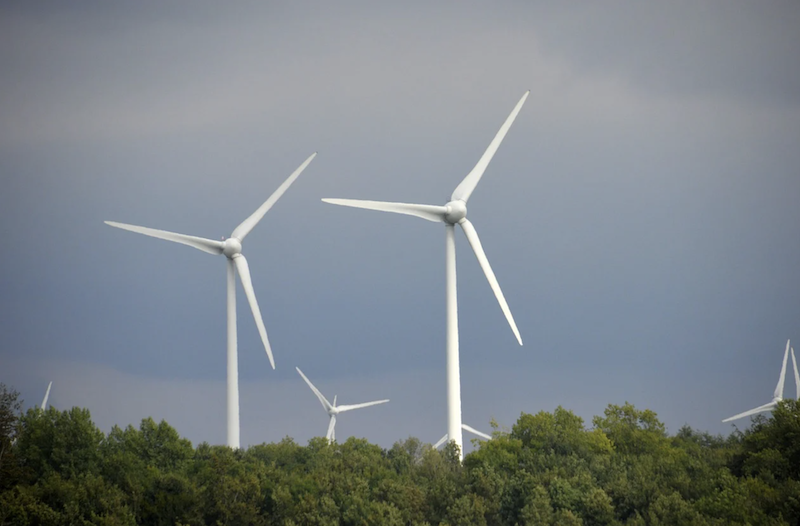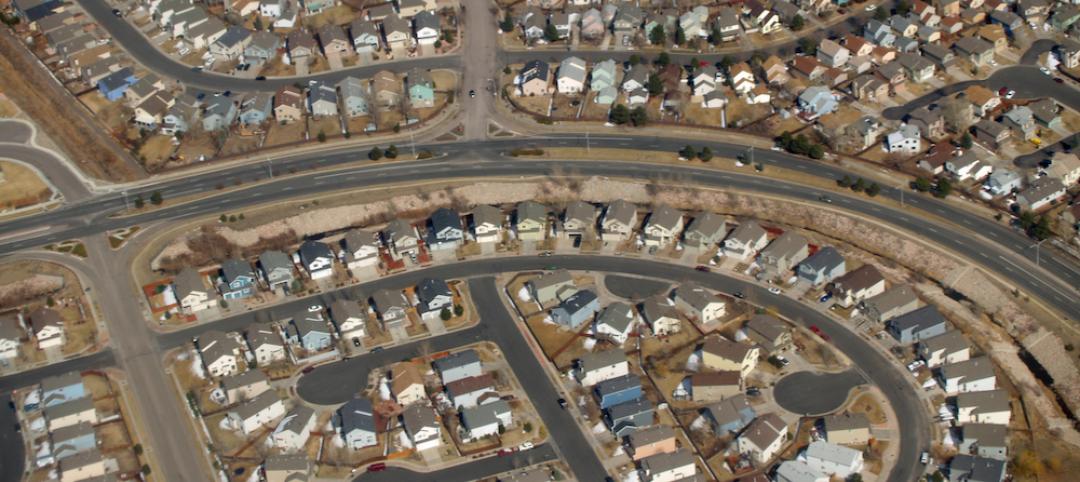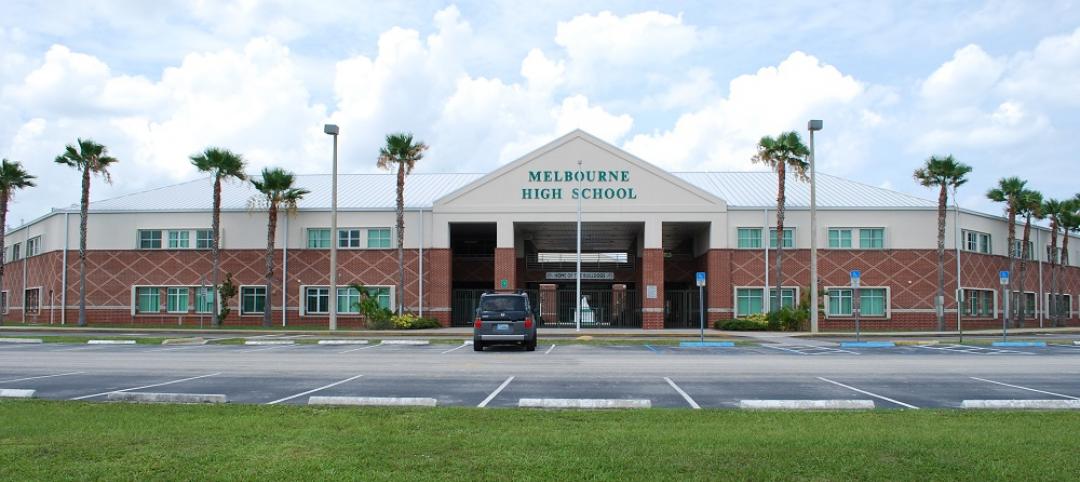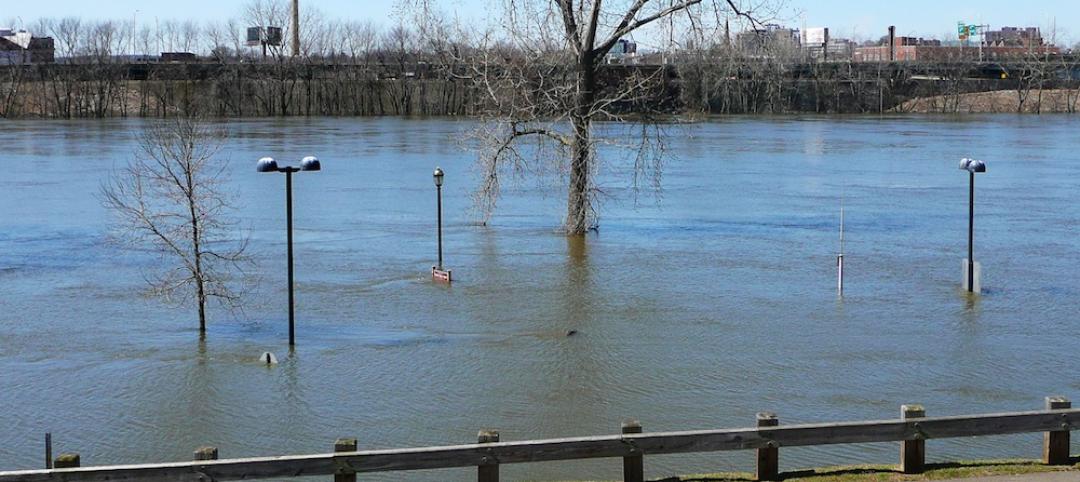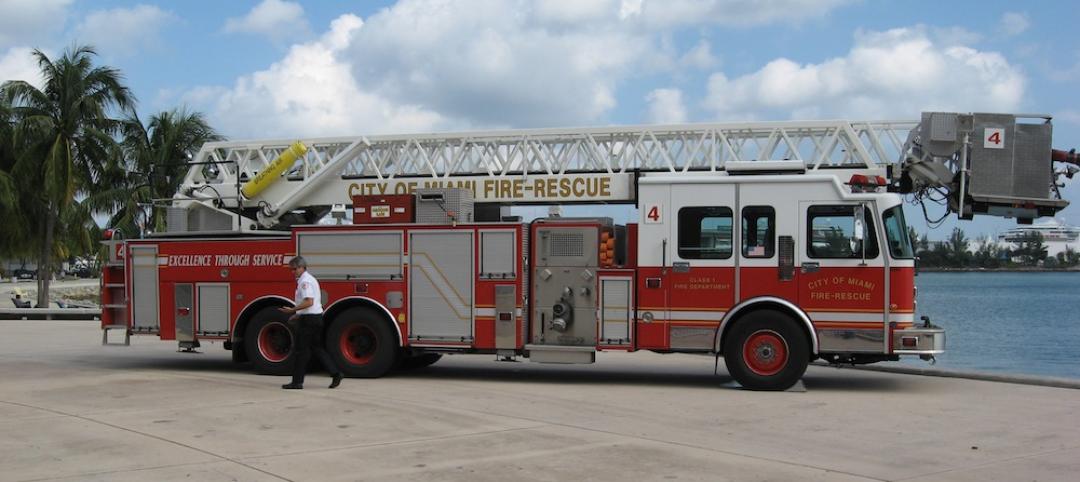The U.S. electric grid is making significant progress to zero-carbon status, according to a report from the Lawrence Berkeley National Laboratory.
Greenhouse-gas emissions from the electricity sector last year were 52% lower in 2020 than the U.S. Energy Information Administration predicted they would be back in 2005, the report says. Power-sector emissions fell 40% from 2005 to 2020, with much of the drop driven by cheap natural gas supplanting coal as the dominant fuel for U.S. power plants.
Further emissions cuts will require greater adoption of clean technologies such as energy storage, and that is achievable with the declining cost of solar and wind power generation, and battery storage, the report says. Low-carbon resources could reliably meet as much as 70%–90% of power supply needs at low incremental cost.
Other sectors, including the built environment, have made less progress in cutting emissions. Residential building emissions declined 29% from 2005 to 2020. Commercial building emissions dipped 32% during the same period.
Grid-interactive efficient buildings could help to make the grid more efficient by reducing the need for new supply and delivery infrastructure and providing another form of demand flexibility.
Related Stories
Codes and Standards | May 9, 2016
EcoDistricts unveils sustainable neighborhood framework
Focus is on equity, resilience, and climate protection.
School Construction | May 3, 2016
Florida clamps down on school construction spending
Critics fear rules will hamper ability to build schools with desired features.
Resiliency | May 2, 2016
Connecticut to develop new code standards for resiliency
Expected more frequent severe weather events due to climate change prompts review.
Contractors | Apr 29, 2016
OSHA issues advisory to protect workers from Zika virus
Construction industry workers considered at high risk.
Codes and Standards | Apr 28, 2016
New research finds 30 measures to significantly cut energy use
ASHRAE’s prescription cuts across all building types and climates.
Codes and Standards | Apr 27, 2016
Florida gives developers more time to install first responder radio signal systems
Expensive upgrades can be postponed for several years.
Codes and Standards | Apr 25, 2016
San Francisco becomes first big U.S. city to require solar panels on new buildings
Pertains to commercial and residential buildings shorter than 10 stories.
Codes and Standards | Apr 25, 2016
GSA adopts SITES land development and management rating system
Federal agency will use for properties with and without buildings.
Wood | Apr 22, 2016
Revised 2015 Manual for Engineered Wood Construction available
American Wood Council Document offers design information for structural applications.
Codes and Standards | Apr 20, 2016
OSHA updates eye and face protection standards in final rule
Becomes effective April 26.


